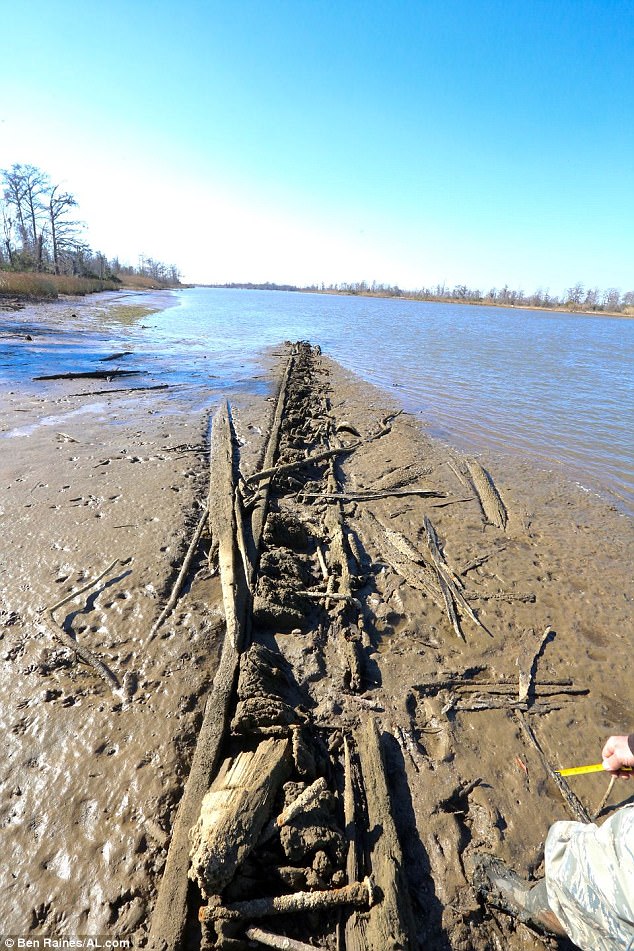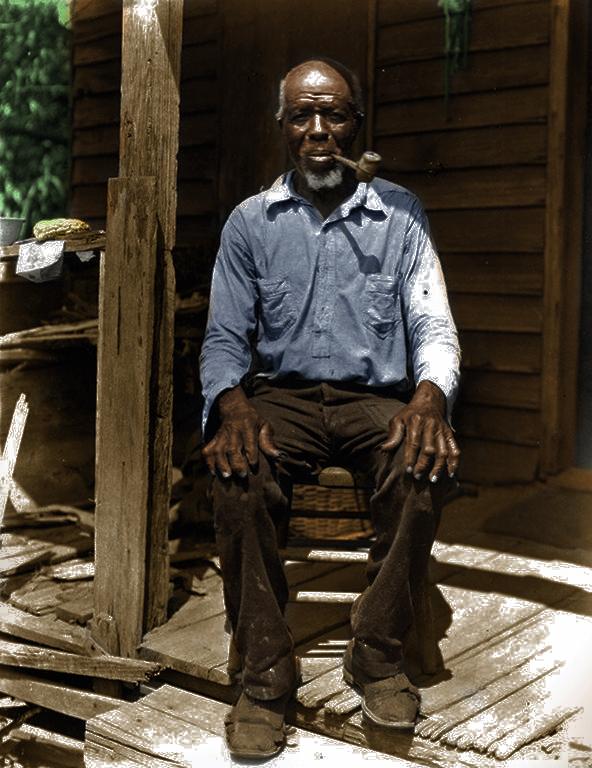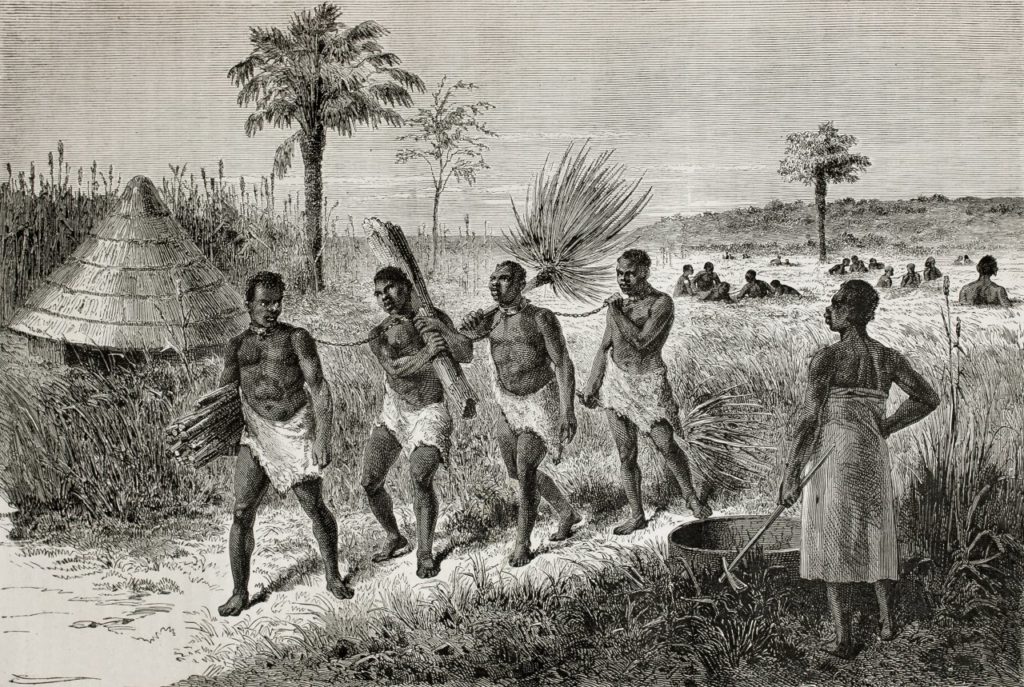
Last Slave Ship. The Clotilda was the last known slave ship in American history. Slaves were bought to the Mobile, Alabama region in 1860 on the ship. Since at that time it was against the law to import slaves, the ship was scuttled and burned to destroy evidence.

When the Clotilda slaves were freed, they developed Africatown in north Mobile. Cudjoe Lewis was a leader of and spokesperson for the development. He was one of the last survivors and lived until 1935. Zora Neale Hurston, a famous anthropologist wrote the book, Barracoon: The Story of the Last “Black Cargo,” based on her interviews of him. If you want first-hand information about the capture of slaves, the terrible peril of the ocean voyage, and the equally perilous life of a slave, the book is highly recommended.
The remains of the Clotilda were recently discovered in the Mobile River just North of Mobile Bay. The discovery has added excitement to the development of Africatown as a historical site and other very interesting developments.
Dialog Between Descendants. One Interesting development has been dialog. Several descendants of the slaves live in the Mobile area. The discovery of the Clotilda gave impetus to a dialog between the prominent family who gained wealth from the slaves’ labor and the descendants of the slaves. Additionally, descendants of the ship’s captain have visited with the descendants of the slaves.
In the minds of many Americans the most important aspect of slavery is the practice of slavery by whites and they look with interest at a dialog between descendants of slave owners and the descendants of slaves, but there is more to the story.

More to the Story. As important as that dialog is, a second dialog occurred that broadens the role of slavery beyond white America. The annual International Festival held in Mobile was attended by a representative of the tribe that captured the people sent on the Clotilda. When he heard the history and the role of his tribe in the process he was moved to come to Mobile. The problem of slavery in world history is far from being a singularly white issue. I respect his courage for acknowledging the role of his tribe.
A black historian at Cornell University, Sandra Greene, has researched the issue of slavery in West Africa. Her work makes it clearer to me that the issue of slavery is a human issue and not a strictly white issue. Slavery in America was primarily a white practice, so we have a tendency to think in that singular manner. I say primarily because even in America there is ample evidence of slavery practiced by indigenous tribes. Slavery is a human issue, particularly when viewed through the broader lens of world history and not solely American history. If you want to know more — The Curious History of Slavery in Africa | Cornell Research written about Dr. Greene is an informative article.
To continue to couch our social justice problems as racial issues rather than human issues ignores the extensive role of slavery in world history. I continue to believe our black-white issues are a subset of prejudicial issues on the world stage. Black-White issues are of course very important because that is the primary form of the slavery issue in America, but I continue to believe we can understand and hopefully do more about the social justice problems if we stop thinking us vs them and think we.
Good News
Brighten your day!
Father Donates Own Kidney To Stranger After Teenage Daughter Saved By Transplant (sunnyskyz.com)
Alabama has some bad history but also has some good people.
For 10 Years, An Alabama Farmer Secretly Paid People’s Pharmacy Bills (sunnyskyz.com)
Peace
Jerry
0 Comments